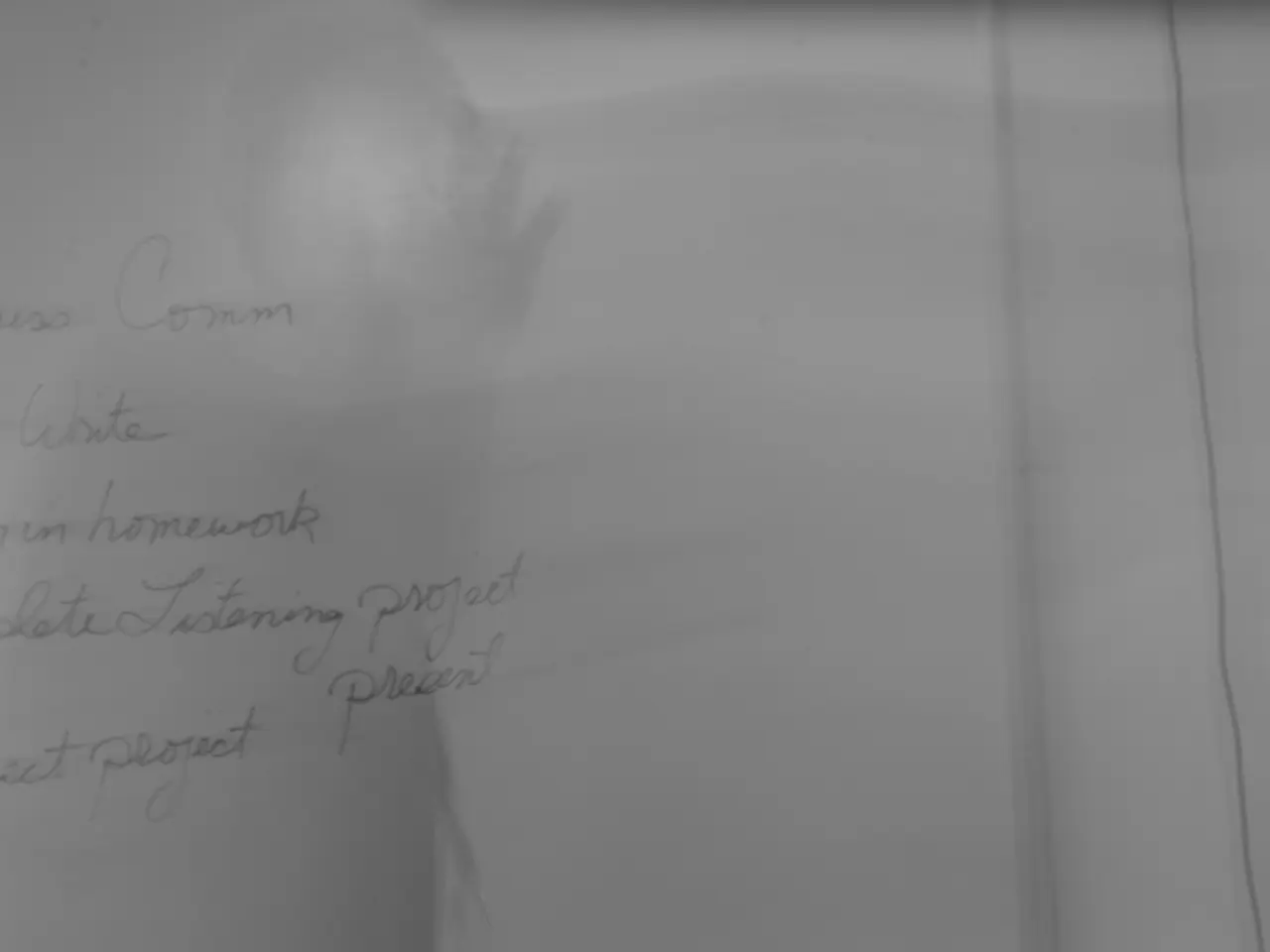Shining a Light on Unearthed Scandals: Customs Unearths Millions in Losses from Underground Job Markets
Customs authorities reveal extensive illegal renovation activities, causing over a million euros in damages. - Customs uncovers vast extent of hidden, unreported activities causing significant harm to estimated value.
In the realm of the hidden and illicit, customs inspections in Thuringia and Southwest Saxony have been a consistent force in uprooting shadowy employment practices and clandestine work. The Financial Control Unit for Underground Work, a division of the Main Customs Office in Erfurt, has thoroughly inspected a staggering 1,779 employers. Of these, a whopping 776 hail from Southwest Saxony.
Over the course of these investigations, the papers of nearly 20,000 suspects were meticulously examined—a figure reported by the Main Customs Office in Erfurt. The results reveal a multitude of violations, with criminal proceedings instigated on 3,055 counts and administrative fines handed down on 2,178 occasions. The aggregate damage reached an alarming 36.8 million euros, with a considerable chunk—9.9 million euros—accrued in West Saxony.
Judicial verdicts declared prison sentences totaling 37.4 years and fines amounting to 1.1 million euros in direct relation to the underground work. The Main Customs Office in Erfurt itself imposed fines amounting to 15.4 million euros.
The loss resulted from numerous transgressions, such as non-payment or underpayment of social security contributions, obligations related to the construction industry social fund, or contributions to professional associations. Moreover, ill-gotten gains from employment agencies and job centers were also discovered. Violations of minimum wage laws were pervasive in several instances.
Add-ons and Seizures
In addition to their annual report, the Main Customs Office collected a grand total of 842 million euros in taxes and duties last year, surpassing the 2023 figure by 28.4 million euros. Of this total, an impressive 328 million euros were customs duties. A substantial 38 million euros were generated by enforcing federal and social authority outstanding claims.
During traffic controls, an array of prohibited items were confiscated: 470 kilograms of narcotics, 1,228 kilograms of illegal fireworks, around 534,000 smuggled cigarettes, and 206 weapons or weapon parts whose import is banned.
Tidbits from the Past: Understanding the Historical and Economic Landscape
- Monetary Challenges: Historically, regions like Saxony and Thuringia grappled with financial struggles related to timid currencies and the use of counterfeit coins, leading to turmoil among merchants and workers. This was especially common among miners and smelters who vehemently protested debased payments in the early 16th century[1].
- Terrestrial Reconfiguration: Thuringia merged with the former Reuss principalities in 1920, which were once part of a larger political fabric encompassing aspects of Saxony[3].
- Resource Dependence: Germany, including areas like Thuringia and Saxony, is resource-scarce and heavily reliant on imports. Although there are mineral deposits—like salt and potash near the Harz Mountains—extensive mining activities have dwindled over time[4].
- Energy Production: The region capitalizes on thermal plants, particularly those burning brown coal, situated in areas like Lower Lusatia. Nevertheless, environmental regulations have restricted energy production in these regions[4].
Looking Ahead: Potential Influencing Factors for Black Market Activities
- Economic Development: The historical scarcity of local currencies and reliance on imported resources may lay the groundwork for black market activities, as economic instability might foster unofficial trade practices.
- Regulatory Landscape: The lack of thorough findings on customs control in these regions implies that any underground activities might be shaped by broader national policies rather than localized customs enforcement.
- In light of the revelation of millions in losses due to underground job markets, it might be crucial for the community's policy to focus on stricter vocational training and employment regulations to prevent such practices in the future.
- As the Financial Control Unit continues to uncover illicit activities, it is worth considering the potential influence of the economic landscape, especially the historical monetary challenges and resource scarcity, on the emergence of black market activities, which could possibly guide the development of vocational training programs and business regulations in the affected regions.





